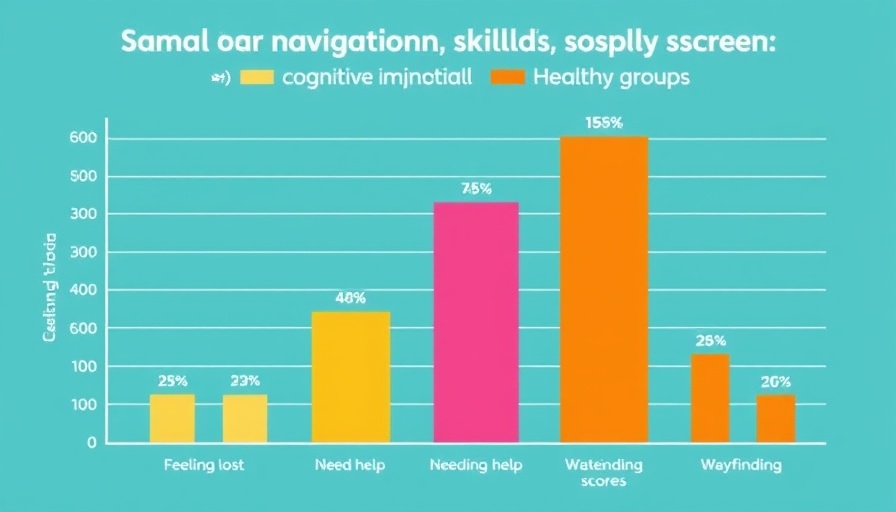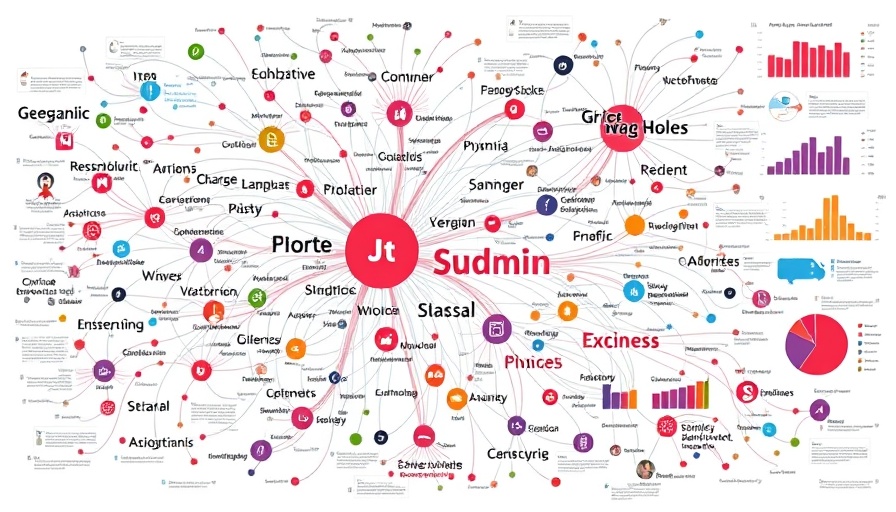
Understanding the Connection Between Mood and Biological Aging
Recent research underscores a critical link between depressed mood and the process of biological aging, specifically through the lens of the National Health and Nutrition Examination Survey (NHANES). By analyzing data from over 7,000 U.S. adults, researchers have established that depressive symptoms can significantly accelerate biological aging, leading to a discrepancy, known as delta age (δ-age), between biological age (BA) and chronological age (CA).
Exploring Depressed Mood's Impact on Aging
The NHANES study sheds light on how psychological factors contribute to biological health. Using the Patient Health Questionnaire-9 (PHQ-9) to assess depressive symptoms, researchers found that elevated scores corresponded to faster biological aging. This suggests that mental health is not merely an emotional issue but a critical component of physical health, influencing how our bodies age at a cellular level.
Biological Mechanisms Behind Accelerated Aging
Understanding the biological mechanisms that link depression and aging involves delving into telomere biology. Telomeres are protective caps on the ends of chromosomes that shorten with each cell division, leading to cell aging. Research indicates that individuals with high depression levels exhibit significant telomere shortening, reiterating the importance of mental well-being on chromosome health and overall aging.
The Role of Lifestyle Factors
Notably, the NHANES study revealed that lifestyle choices play a pivotal role in this relationship. Factors such as overeating and self-perception—all closely associated with mood—were linked to higher depressive symptoms and may contribute to biological aging. This highlights the interconnected nature of physical health, mental health, and lifestyle, presenting an opportunity for integrated health strategies.
Future Predictions and Insights for Wellness
As we continue to explore the implications of these findings, the potential for future interventions aimed at mood enhancement offers promising avenues for delaying the aging process. Strategies such as improved diet, exercise, and mental health support may not just improve mood but could also have profound impacts on biological aging.
Actionable Insights for Promoting Healthy Aging
For health-conscious individuals aged 30–55, adopting a holistic approach to wellness can yield significant benefits. Regular physical activity, mindfulness practices, and a balanced diet rich in antioxidants could not only elevate mood but also support telomere health. Understanding these relationships and actively participating in one’s health can forge a proactive path towards longevity.
Research like this reinforces the notion that emotional and physical health are deeply intertwined. As we glean insights from studies such as the NHANES, the quest for longevity and quality of life becomes increasingly multidimensional. Therefore, making informed lifestyle choices, prioritizing mental health, and embracing preventative measures can not only enhance daily living but also contribute to a longer, healthier life.
**Call to Action**: Consider evaluating your lifestyle choices through this lens. Incorporate nutritional strategies that support both mental health and biological aging, and explore resources available for mood enhancement and physical health improvement.
 Add Row
Add Row  Add
Add 




 Add Row
Add Row  Add
Add 


Write A Comment